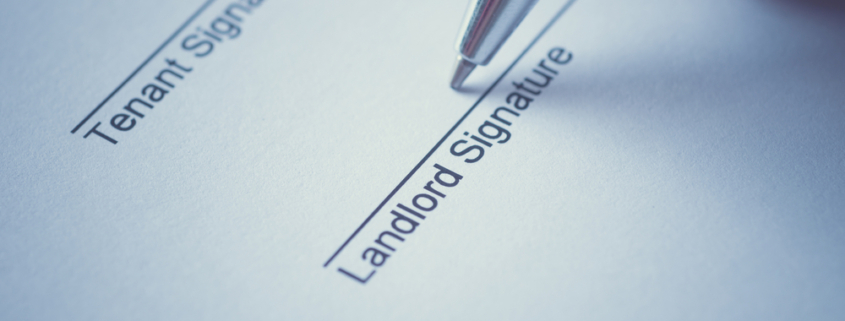What Are the Landlord’s Remedies When a Tenant Breaches a Commercial Lease?
In California, commercial tenants generally have several additional obligations that go beyond paying the monthly rent. This may appear to benefit landlords, but it can also mean significant losses in case the tenant decides to default on the lease. An experienced northern California real estate attorney will be able to explain the available legal remedies for recovering damages if your tenant defaults on the terms mentioned within the commercial lease.
Type of Commercial Lease Breach
The first step a landlord should take when a tenant breaks the commercial lease is to determine the type of default or breach that has occurred under the law. A seasoned real estate attorney can provide the right legal advice in this matter.
There are different remedies available depending on the nature of the default. Breach of commercial lease usually falls into two categories:
- Monetary default: This is where the tenant fails to fulfill contractual obligations, such as rent or utility payments.
- Nonmonetary default: This is where another contractual obligation is breached, such as failure to have proper insurance, damaging the property, or using the property for unintended or non-permitted use.
You should note the terms of your particular lease agreement since many of these allow you to convert non-monetary lease agreements to monetary in nature. For instance, if you agree to repair the damage caused by non-monetary defaults, you can add the cost to your tenant’s rent. It can be harder to enforce remedies to nonmonetary defaults as compared to monetary ones.
Remedies Available to Commercial Landlords in California
Landlords can take further action if a commercial tenant fails to remedy the breach within a reasonable or applicable notice period. The primary decision that needs to be taken by a landlord is to whether end the lease and evict the tenant or preserve the relationship while still recovering damages.
Preserve the lease
Landlords in California have four primary remedies when they want to preserve the lease agreement:
- Distraint: Landlords (usually with a bailiff) are allowed to enter the premises and seize goods of a value matching the outstanding monies owed. Strict rules are in place to govern distraint. You may be exposed to liability for damages if these rules are breached.
- Damages: The tenant can be sued by the landlord for monetary damages resulting from the tenant’s default.
- Injunction: This is a court order which forces an individual to stop doing something. The landlord may seek an injunction for stopping a tenant from using the leased premises for operating a business that is not permitted through the lease, for example.
- Specific performance: Commercial landlords can seek an order for specific performance in certain circumstances. These force the tenant to act in a specific manner. For instance, the tenant may be required to repair damages as per the order.
Terminate the lease
You may decide to terminate the landlord-tenant relationship, in which case you have three available remedies that can be used together or separately:
- Forfeiture: Written notices are provided by the landlord for the purpose of lease termination. This remedy is usually enforced to prevent a tenant from entering the premises.
- Writ of possession: This court order allows the bailiff to take possession of the property on behalf of the landlord. It’s useful in situations where it is not practical to physically exclude the tenant from the premises.
- Damages: The landlord may choose to seek damages as a result of the lease termination. This usually involves lost future rent payments. Taking this into account, the landlord also has a duty to minimize losses by finding another tenant quickly.
Claiming Monetary Damages for a Breach of Lease in California
Tenants are liable for rent owed under the lease terms if they breach a lease. This includes compensation for losses as a result of failure to perform property maintenance and other obligations. Damages for unpaid rent will include any arrearages for the time that has already passed.
Under California law, landlords are allowed to recover:
- Unpaid rent that is already owed.
- Difference amount from the rent of a new tenant going forward if it is less than the defaulted lease. This difference can only be collected for the remainder of the lease term.
It’s critical to understand that monetary damages are limited by the landlord’s duty to reduce damages. This duty states that a landlord is not allowed to let their rental property sit for a lease term if they could have found a new tenant.
Watch Out for Waivers
Your right to terminate a lease may be considered waived if your tenant can prove that you knew of the breach but acted as if the lease was still in effect. For instance, the tenant can argue that you have willingly accepted the breach if you continued to accept rent. This is constituted as a waiver of the breach.
Get a Trusted Real Estate Attorney on Your Side
The experienced attorneys at Peterson, Martin & Reynolds will assess various aspects of your commercial lease default to find the most effective legal strategy going forward. Our attorneys are dedicated to helping property owners that have been wronged by their tenants. To request your confidential consultation with us, call (415) 849-2564 or write to us online




